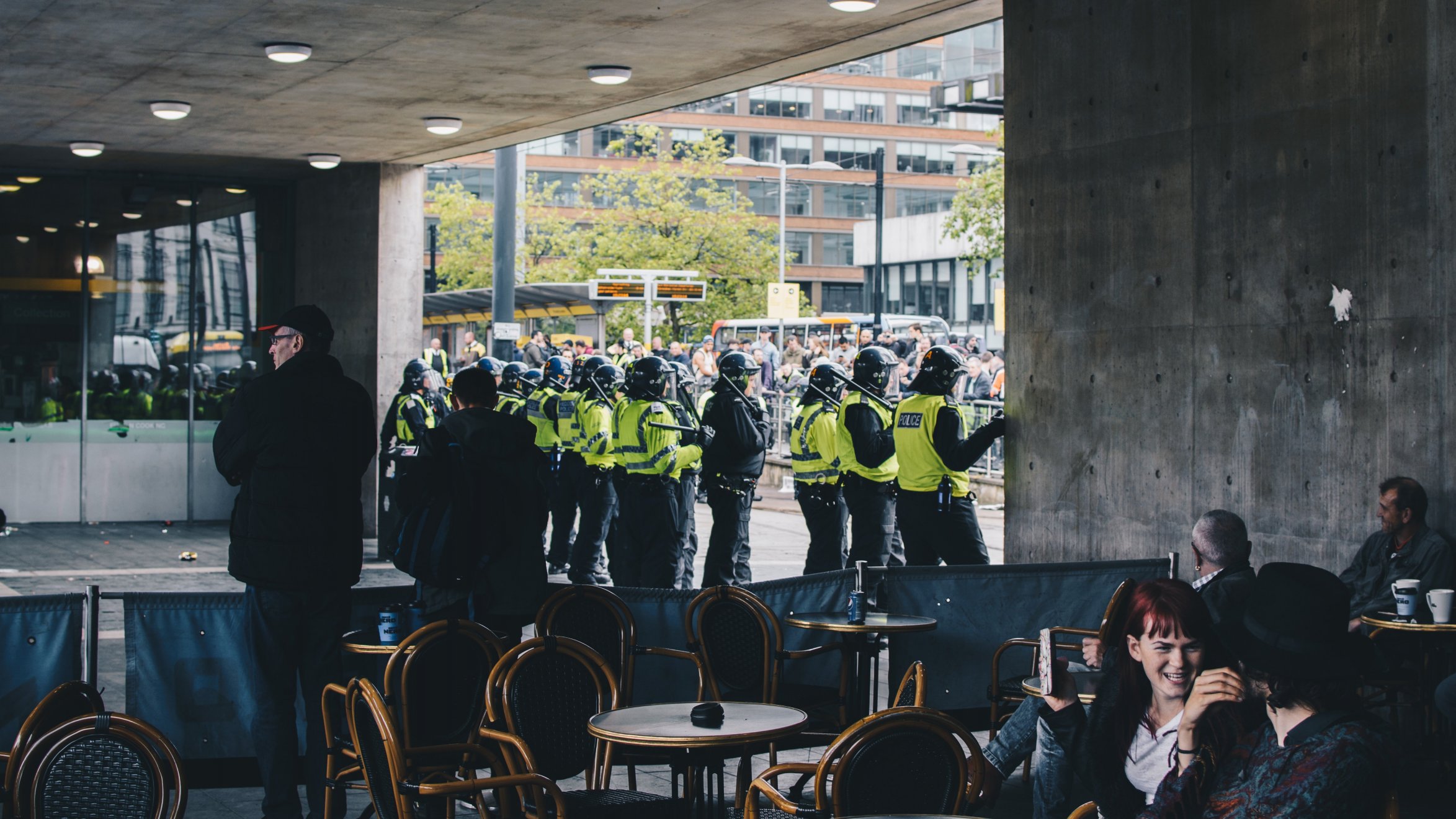The 2019 European Parliament elections led to a further erosion of political power of the former catch-all parties and indicate an increasing political polarisation in Europe. Let’s have a closer look: are we in fact becoming more polarised? If so, what are potential consequences and what can be done about it? If not, how can we describe the phenomenon better?
It’s your turn to shape the debate!
Between 23 and 26 May, European Union citizens went to the polls to elect Members of the European Parliament. National results varied enormously, and a truly European public sphere is still lacking. But one thing is clear: For the first time ever, the European People’s Party (provisional result: 23.8 percent) and the Party of European Socialists (20.4 percent) do not enjoy a majority in Parliament. They lost around 5 percent of votes each.
Many smaller political groups increased their shares of seats. Particularly the Alliance of Liberals and Democrats for Europe (from 9.2 to 14.0 percent) and The Greens/European Free Alliance (from 6.9 to 9.2 percent) as well as Europe of Nations and Freedom (from 4.8 to 7.7 percent) and Europe of Freedom and Direct Democracy (from 5.61 to 7.2 percent).
In Germany, the center-right and center-left parties lost even more. The CDU/CSU lost around 6.4 percent, the SPD around 11.5 percent. The biggest winner was Bündnis90/Die Grünen. They came in first in Schleswig-Holstein and many of Germany’s largest cities, including Berlin, Hamburg, Munich, and Cologne. While the far-right AfD scored lower than expected, it became the strongest party in Brandenburg and Saxony and in many East German rural districts. An article published by the German newspaper Die Zeit argued that there are two perspectives on this result: “Germany has become more diverse, but also more divided.”
In light of the election results across Europe, are we witnessing an increasing polarisation into cosmopolitans and nationalists? And if so, can the poles be moved back together without putting liberal values and rights into question? How? Our former co-president @sonjakathar has lots of questions and started a discussion on Twitter.
Before listing some of the responses, we invite YOU to submit a blog article on the issue of polarisation in the EU. We would like to gather as many different voices on the matter as possible and believe that YOURS needs to be heard! Please check our Polis Blog guidelines and send your first draft to sarah.bremm(at)polis180.org. This blog series is based on a cooperation between Polis180 and yp.ruhr.
[Anonymous user], policy analyst
>> I am always very puzzled by this polarisation discourse. Imho, the conflict between liberal values occupying the center of political space, and populist traditionalism cannot be described by the concept of polarisation. Polarisation means a centrifugal restructuring of political power in direction of the political poles, radical-left and radical-right, like in the thirties. I fear that the polarisation makes a subjective political and moral equation between the political center and the radical-right, which is in my eyes rather wrong. I am glad that mainstream liberal and progressive parties stand up in the protection of liberal values – what is their job – and don’t accept false compromises just to avoid conflict and „polarization“. <<
@NicolasLembeck, policy adviser
>> Only those who define their values can offer orientation in times of systematic change. The division in left and right still exists however is increasingly replaced by illiberal vs. liberal perceptions. Liberals have a special responsibility to overcome old politicial lines, to establish a climate of trust as well as togetherness. Courage wins. <<
@SusanneZels, Polis co-president 18/19
>> Much of polarisation is related to how our societies structures & most importantly the public sphere have changed. How can we create more spaces for diverging views to meet? Dialog is key to tolerance. This is especially true for rual vs. metropolitan areas. #gesellschaftsjahr? <<
@danifatti, researcher
>> IMHO the best way to protect our values is to have a credible progressive EU agenda (& leaders). Ppl feel lost & unsafe hence shift to radical parties, especially in the most vulnerable regions. Values still matter, but ppl need to concretely taste the real benefits of them! <<
@yan_luong, digital communications specialist
>> Polarization is even worse in France. What worries me is the <35 yo vote (see my timeline for graphs). I think the keys are #education, education and education. It has to be done with #empathy. We also need regulation of the platforms promoting #fakenews, especially #Facebook. <<
Part 1 by Elmar Stracke Polarisierung im Kopf
Part 2 by Luisa Kern & Lukas Hochscheidt Progressives versus populists: The divided society
Part 3 by Jan Osenberg Ohne sozialen Austausch und Kooperation keine Demokratie
The Polis Blog serves as a platform at the disposal of Polis180’s members. Published comments express solely the authors’ opinions and shall not be confounded with the opinions of the editors or of Polis180.
Image Source: John Webster (via unsplash)
